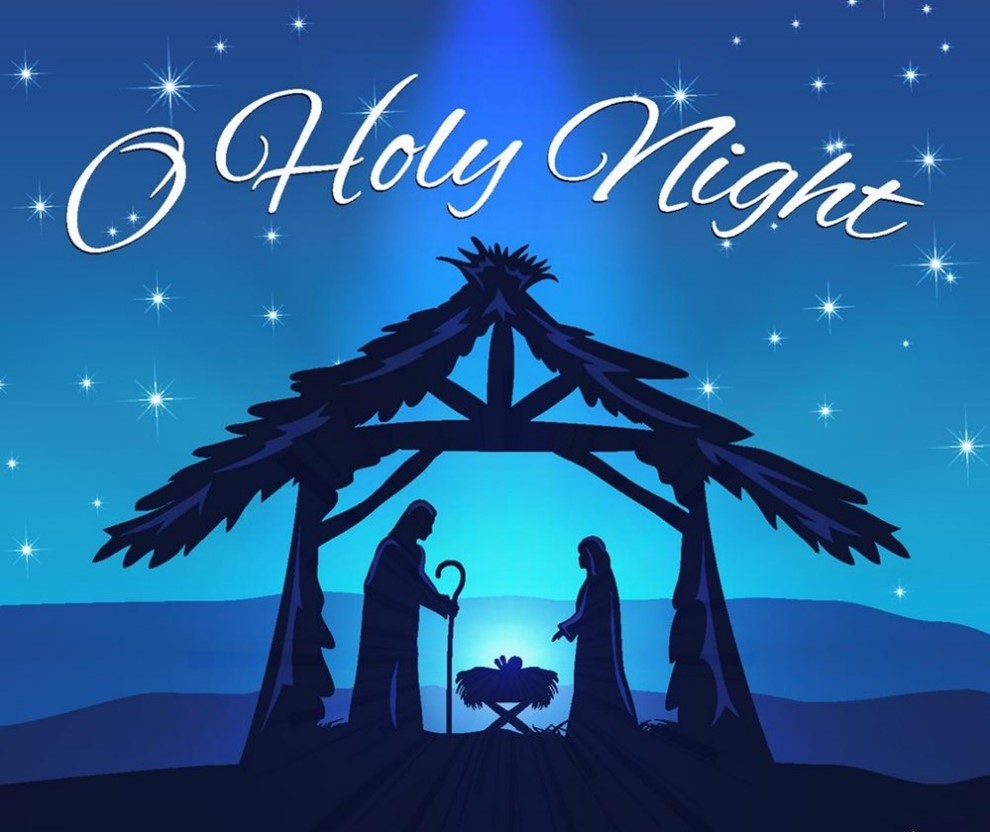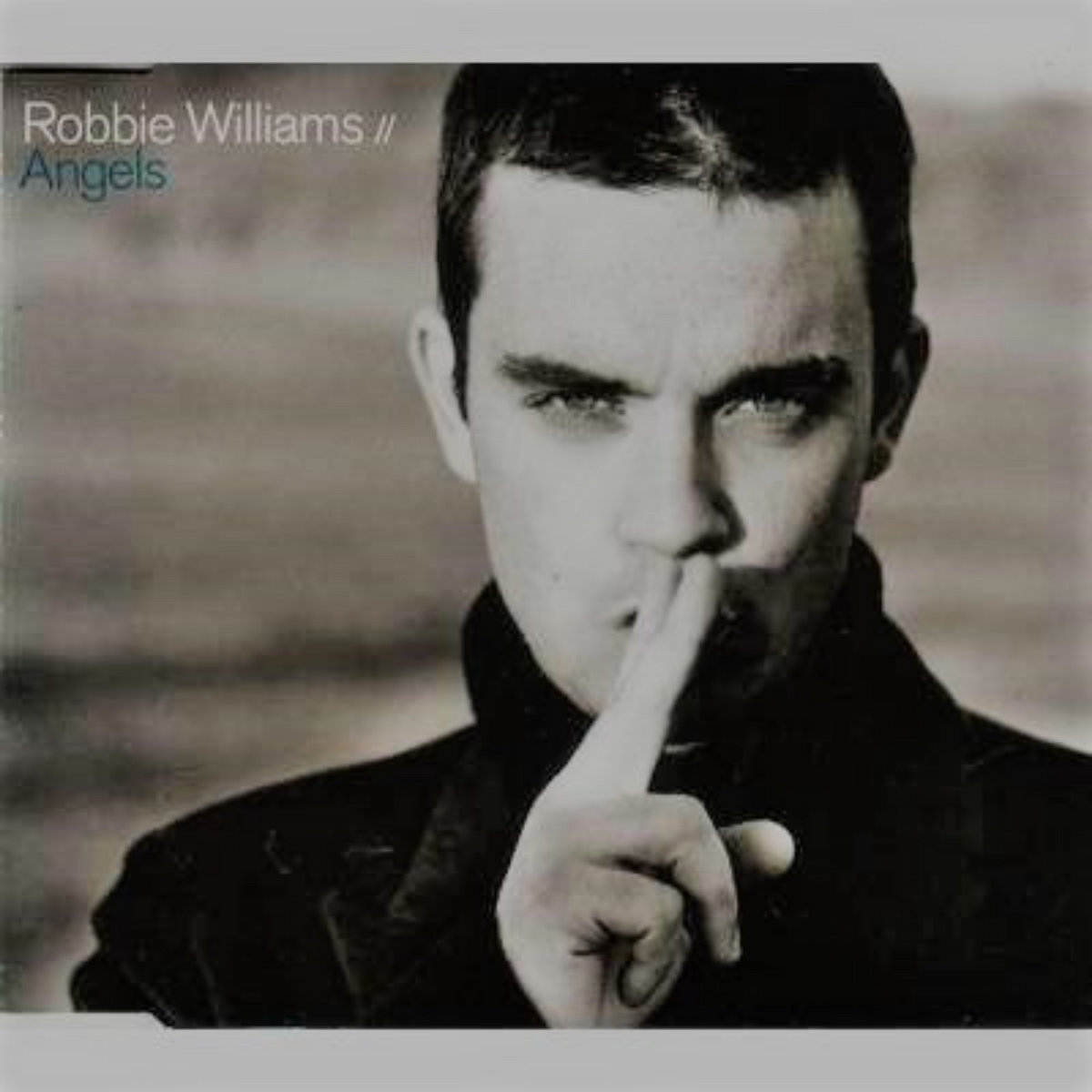 | O Holy Night (Minuit, Chrétiens)Adolphe Adam (music), Placide Cappeau (French lyrics), John Sullivan Dwight (English lyrics) |
Writer(s): Adolphe Adam (music, Placide Cappeau (French lyrics), John Sullivan Dwight (English lyrics) (see lyrics here) Premiered: December 25, 1847 First Charted: January 1, 1997 (Martina McBride) Peak (all versions): 12 AC, 41 CW, 39 UK, 1 DF (Click for codes to charts.) Sales (in millions): -- Airplay/Streaming (in millions – all versions): -- radio, 233.12 video, 147.71 streaming |
Awards:Click on award for more details. |
About the Song:In 1843, Placide Cappeau, a French poet and wine merchant, wrote the Christmas poem “Minuit, Chrétiens” at the request of his parish priest. The original text “offers connotations of the birth of Jesus and the subsequent redemption of humanity.” GMN The idea that all men and women could have souls was considered highly radical. It was also controversial that Cappeau was an atheist. Similarly, Adolphe Adam, who composed accompanying music for the poem that year, was not Christian, but a Jew. The song was premiered in 1847 by opera singer Emily Laurey, a friend of Adam’s. She performed it at the Christmas midnight mass in the church of St. Jean-Baptiste et Jean l’Évangeliste. WE In 1855, John Sullivan Dwight, a Unitarian minister, music critic, and editor, WK translated the words into English in 1855. His version focused on the universality of the human spirit. GMN The song was at the center of a unique historical event in 1871 during the Franco-Prussian War. A French soldier suddenly stood up in his trench in the middle of the fighting on Christmas eve and started singing “O Holy Night.” Legend has it that the Germans started singing one of their own carols and hostilities ceased for 24 hours and the soldiers celebrated Christmas. GMN On Christmas Eve in 1906, the song again took center stage when a Canadian inventor named Reginald Fessenden started playing “O Holy Night” into a microphone. Sailors across the Atlantic were stunned to hear music and a man’s voice from the wireless machine that usually transmitted morse codes. GMN Among the artists who have recorded the song over the years: Clay Aiken (2004, #37 AC), Andrea Bocelli, Boy Band (2022, #14 AC), Mariah Carey, Tracy Chapman, Nat “King” Cole, Celine Dion, the Drifters, Edens Edge (2012, #59 CW), Ella Ftizgerald, Josh Gracin (2006, #59 CW), Josh Groban (2002, #1 AC), Il Volo (2013, #27 AC), Mahalia Jackson, Ladywell Primary School (2012, #39 UK), Richard Marx (2011, #19 AC), Martina McBride (1997, #41 CW), LeAnn Rimes (2003, #14 AC), and the Trans-Siberian Orchestra. The 1963 version by Andy Williams is featured in the DMDB book Dave’s Faves: The Grand Library. Resources:
First posted 12/20/2023. |









